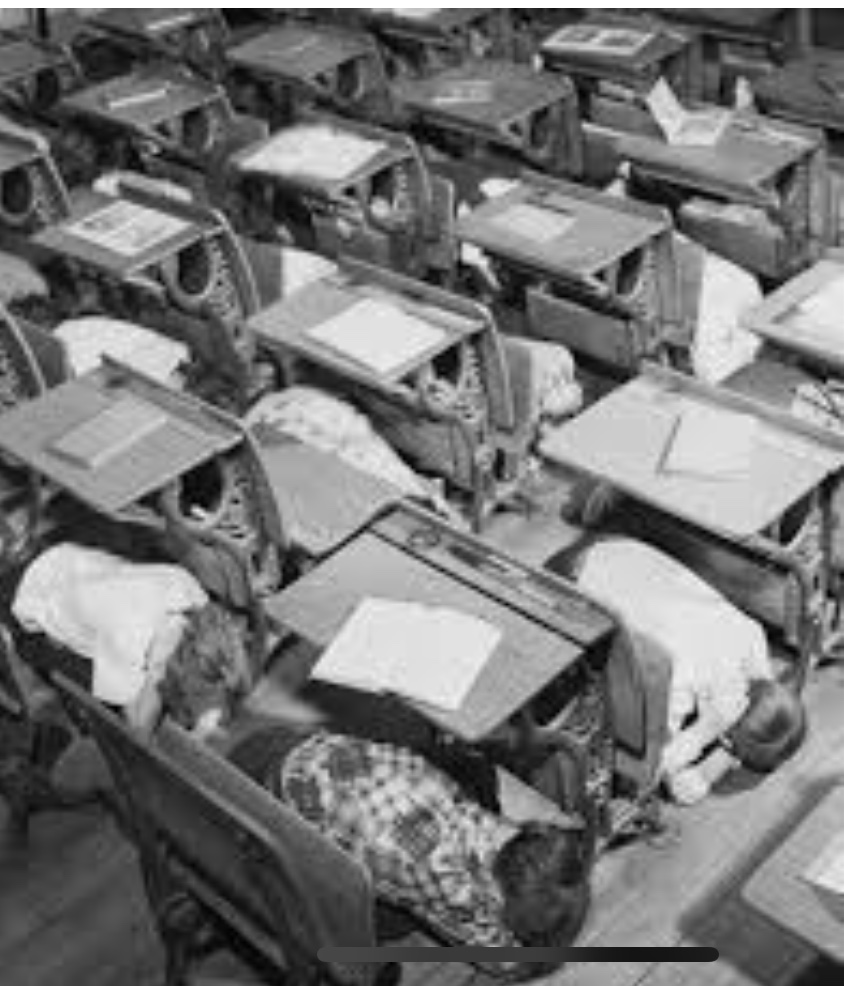@Kehaulani said in Jazz Song #3 - So What:
@Dr-GO said in Jazz Song #3 - So What:
That's only a part of the equation (Minimal Structure Theory on jazz improvisation)
Dr. Go, some of my comments are more philosophical than about Minimal Theory, itself. Can you give me a good internet source for Minimal Structure Theory as applied to improvisation that summarizes this technique? The only thing I can find is doctoral-thesis length. I've never heard of it or it's value. Thanks.
Gary, did you read the article I posted on Minimal Structure Theory. I have posted the initial description and it was not a thesis. It was an article published in an international journal written by two senior faculty at their perspective colleges. Please, read that article carefully and you will understand.


